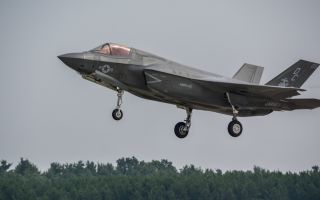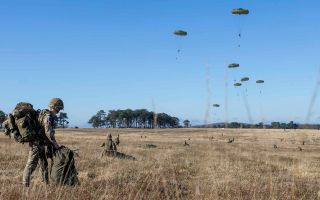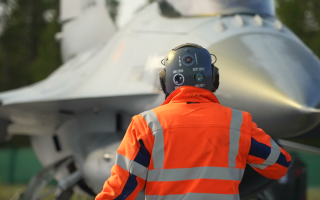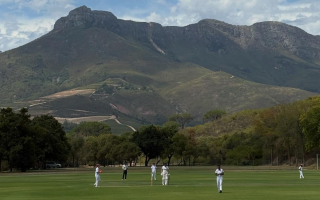Recruits demonstrate precision in Army Foundation College pace stick competition
Junior Soldiers at the Army Foundation College have taken part in a high-pressure parade square competition, showcasing their ability to use pace sticks.
Still in Phase One training, the recruits – all under the age of 18 – spent just three weeks preparing for the event, which was judged by some of the Army's most experienced drill instructors.
Fitting pace stick tuition around their busy Army training, the winning team secured a place at the prestigious pace stick world championships, which take place at the Royal Military Academy Sandhurst later this year.
Setting the standard
The format was simple: teams of junior soldiers performed a routine on the parade square, with every movement examined by a judging panel that included the college's Regimental Sergeant Major, WO1 (RSM) Ben Townley MVO, and a senior officer from the Household Division, Major Steven Parker.
Speaking to BFBS Forces News, WO1 Townley highlighted the additional hours the Junior soldiers have been putting into their drill.
"Ultimately, the training programme comes first.
"But I've wandered around the college these past couple of nights and seen the drill square full of Junior Soldiers practising in their own time.
"There's been lots of pace sticks flying up and down, which is great to see," the RSM, who was made a Member of the Royal Victorian Order for his role in the state funeral for the late Queen Elizabeth II, said.
Despite their limited experience with the pace stick, the junior soldiers demonstrated confidence and professionalism, with several individuals singled out for their efforts under scrutiny.
The competition also featured a team of permanent staff, who were held to the same high standard, all under the watchful eyes of the Junior Soldiers they helped train.
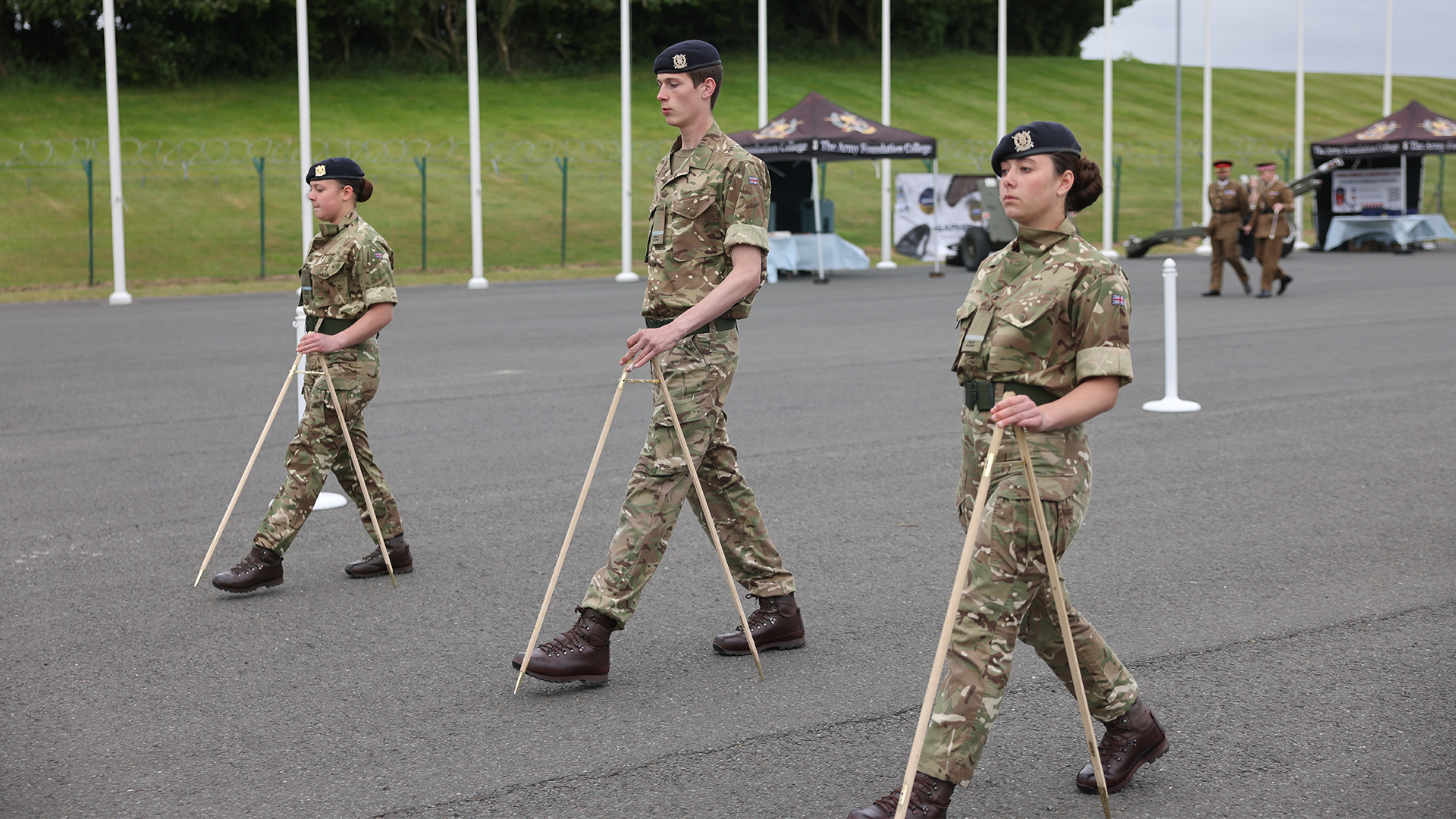
Drill and determination
There were slip-ups – including dropped sticks and out-of-sync movements – but part of the judging focused on how teams recovered under pressure.
Seventeen-year-old Maxwell Bassey had to deal with a malfunction mid-routine, causing him to drop his pace stick. He carried on with professionalism and was later handed a replacement by one of the judges.
"I knew something was going to happen with the screw [holding the pace stick in its open position].
"I was told that if something happens, just put it aside and don't lose the pace. If I showed that it worried me, it would mean deducted points."
Alongside the formal routines, the competition included moments of humour in the form of traditional Army skits – designed, the RSM explained, to offer some light-hearted relief from what can be an intense discipline to watch for several hours.
"They do a little skit to entertain the judges.
"It might get them an extra half a point for the effort they put in," RSM Townley said.
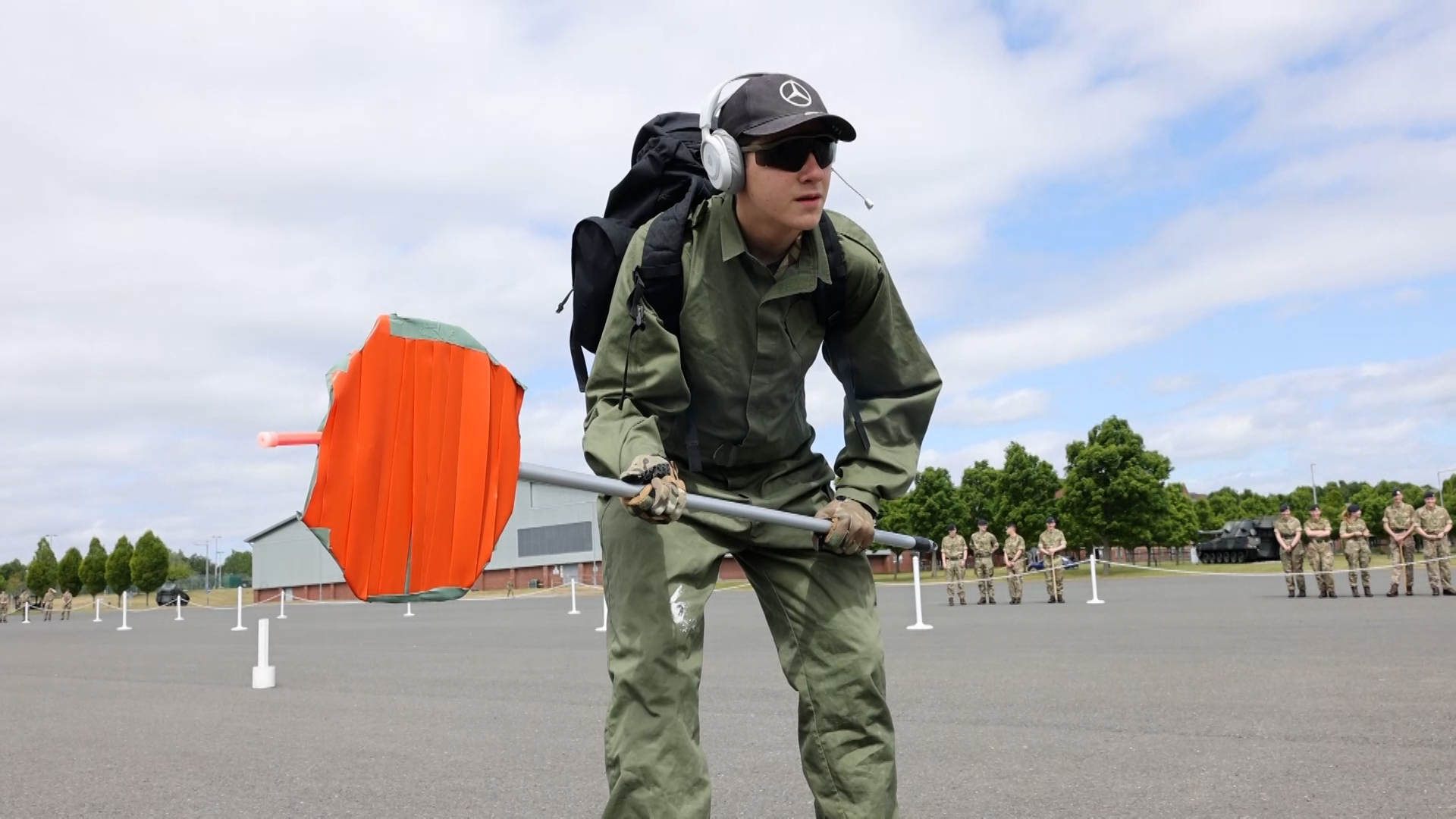
History of the pace stick
The pace stick has long been a symbol of authority and precision in the British Army and was originally used by field gun teams in the Royal Artillery to ensure correct distances between guns on the battlefield.
Over time, it evolved into a ceremonial tool, most closely associated with RSMs like Mr Townley and the enforcement of drill standards.
Its use is most visible during inspections and high-profile parades, where even the angle at which it is carried can reflect a regiment's discipline and pride.
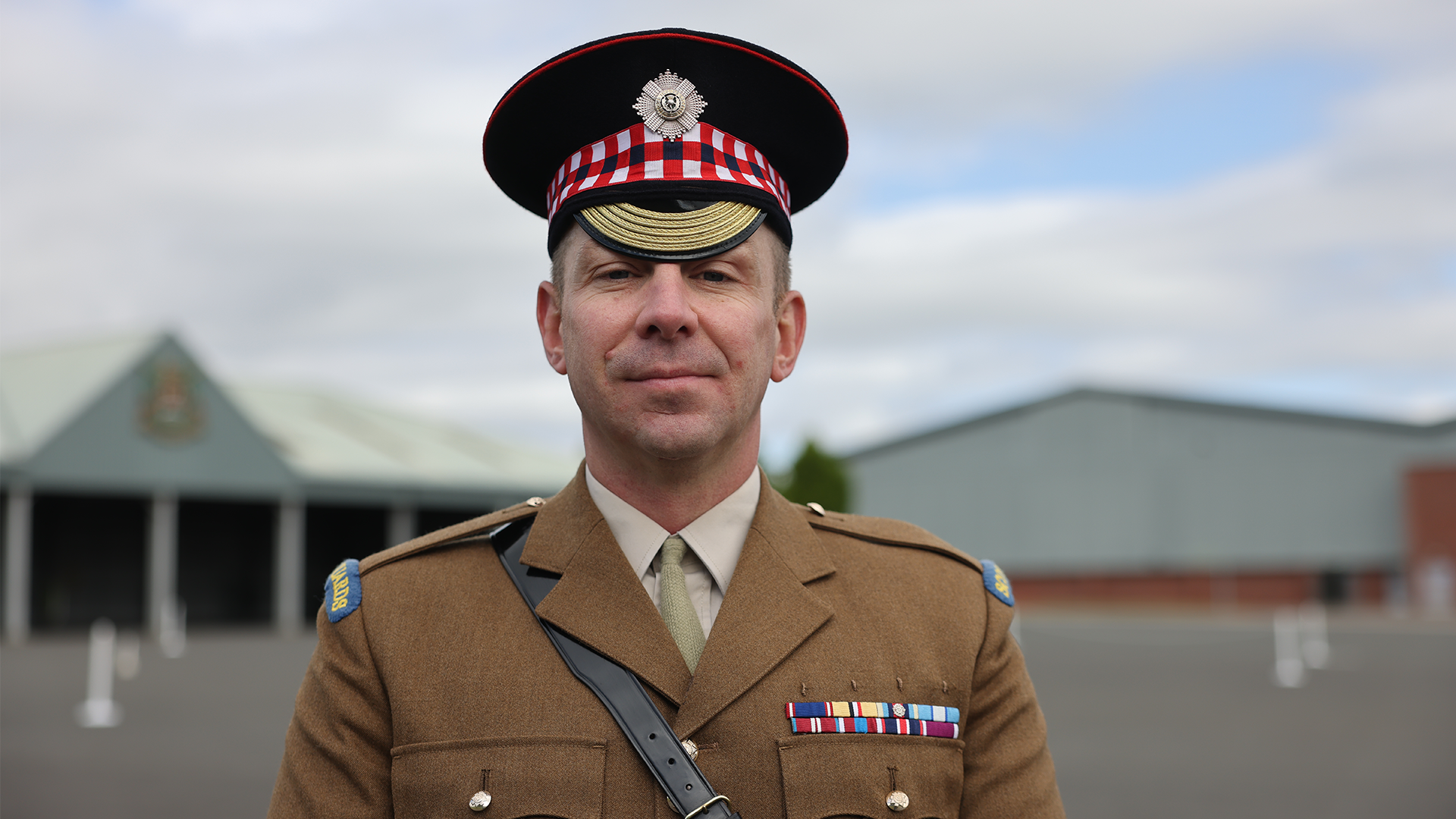
Eyes on Sandhurst
Only one team could take top honours – earning a place at the prestigious pace stick world championships at the Royal Military Academy Sandhurst later this year.
Junior Soldier Lauren Samuels, leader of the winning team, said she was speechless but is now focused on the championships ahead.
"Working as a team has been key," she said.
WO1 Townley underlined the level of focus now needed to compete at Sandhurst, saying: "My aim is to get this team up to a standard where they can really compete.
"I think we owe that to the hard work that goes on here at the Army Foundation College."

